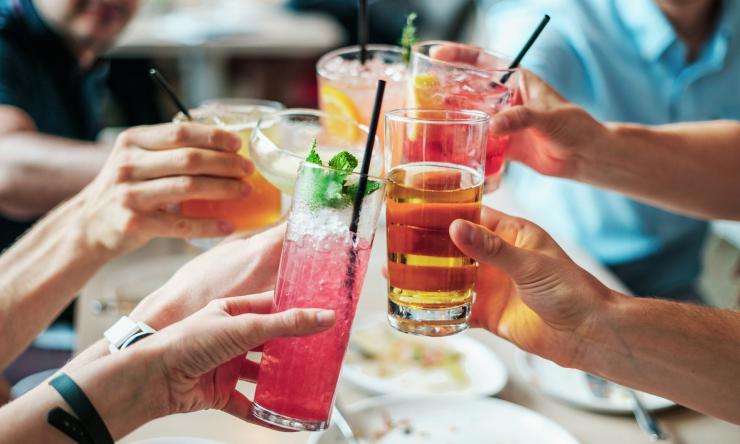Don’t put Dry January in the rearview mirror
Each year, many people participate in Dry January and stop drinking alcohol for a month, using the time as an alcohol reset following the holiday season. Although Dry January is over, don’t put it in the rearview mirror just yet. Experts at Baylor College of Medicine say that continuing to drink less alcohol throughout the rest of the year can lead to health benefits.
“Dry January represents an opportunity to reflect on your drinking habits and what impact these habits may have had on your health,” said Dr. Luis Rustveld, assistant professor of family and community medicine at Baylor. “Benefits of abstaining from drinking alcohol, including weight loss, more energy and better sleeping habits, can impact the achievement and maintenance of healthy lifestyle goals for the rest of the year.”
Dry January can serve as a starting point to decrease alcohol consumption for the rest of the year. Excessive alcohol consumption can have negative health effects, including fatty liver disease, certain cancers and memory loss, according to Rustveld. In contrast, cutting back on alcohol throughout the year can lead to improvement in liver function, increased mental clarity and improved memory. In addition to these health benefits, reducing alcohol intake also can have a positive effect on diet.
“Alcoholic drinks are calorically dense as opposed to nutritionally dense and, therefore, do not add much nutritional value to the body,” Rustveld said. “Cutting back on alcohol throughout the year will save you a lot of extra calories that your body would typically store as fat.”
It can be difficult to avoid drinking alcohol at social gatherings when others are drinking, so Rustveld recommends bringing your own non-alcoholic beverages to gatherings to ensure you’ll have an option that you like.
“Sparkling water mixed with your favorite juice, non-alcoholic beer and non-alcoholic wine are other options,” Rustveld said. “Be sure to read the food label and choose non-alcoholic beverages that are low in sugar.”










